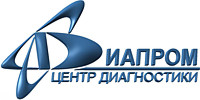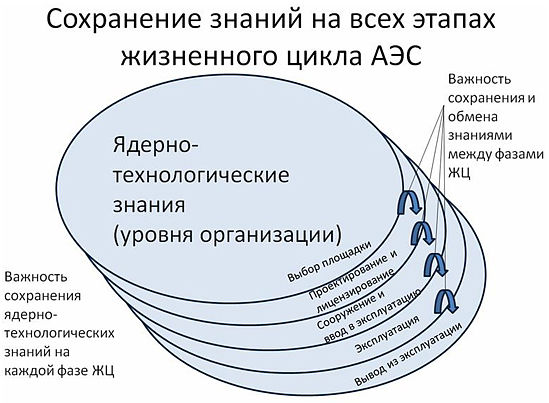
JSC "STCD"
Diagnostics CenterE-mail:

Address: office 329, Gazgoldernaya st. 14, Moscow 109518
Telephone/Fax: (495) 690-9195


Knowledge Management System Knowledge Management System is a set of regularly repeated administrative procedures aimed to enhance the efficiency of collection, storage, distribution and use of information of significant business value. There are three major components included in the knowledge management system:
Corporate culture is vital in the sphere of knowledge because this is human factor (corporate values, the level of interaction or isolation within a company) that either boosts or ruins knowledge management system. Human interaction and relations are often called «social capital», i.e. a component of the company’s total capital. Despite being a crucial component of knowledge management system, technology all by itself cannot solve the problem of knowledge nor create the environment for knowledge sharing. The application of the state-of-the-art information technologies shall not supersede the interpersonal communication because this is the interpersonal communication that intensifies the corporate processes of knowledge sharing. Therefore consideration should be given not only to material-and-technical issues but largely to the administrative matters as well. The structure of organizational knowledge consists of practical, theoretical, strategic, commercial knowledge and know-how. The company derives information, makes conclusions and generates new knowledge in order to improve the quality of the goods produced and services rendered and consolidate the competitiveness of the company as a whole. The management of each component included in the knowledge management system is based on the use of the already reviewed processes — knowledge creation, storage, use and distribution inside the company. Consequently, from the point of view of knowledge management, at the core of the company lies its capacity to create, transfer, combine, integrate and operate knowledge as a resource. As a result knowledge provides basis for competence, that underlays the creation of products and services the company offers on the market. In other words, by way of integration of various disciplines such as human resource management, marketing, economics, psychology and information science, knowledge management is the core technology of XXI century that contributes to the company’s competitiveness on the market. Every company has its own typical model of knowledge management based on the company activity profile, production volumes, organizational pattern and corporate culture. However irregardless of the direction of the information flow, knowledge management shall ensure the control over the following processes: 1) new knowledge creation; 2) use of the available knowledge during decision making; 3) knowledge embodiment in the products and services; 4) sharing the available knowledge by the parts of the company; 5) access to the required knowledge for the authorized departments, employees, processes and systems; 6) maintaining the knowledge integrity, knowledge protection from external and internal hazards; 7) knowledge structuring, coding and identification. The knowledge spiral is constituted by sequencing of four processes namely socialization, externalization, combining, internalization. That is why the crucial task of the managers is to ensure the effective functioning of this spiral. The notion of the company model, introduced by Nonaki and Takeuchi, assumes that the company management moves «from the center—downwards—upwards», the center being the mid-ranking managers. These are managers who convey ideas of the ivory-towered idealistic concepts of the top-managers to mundane routine activities of the minor executives who are supposed to put these concepts into practice. |